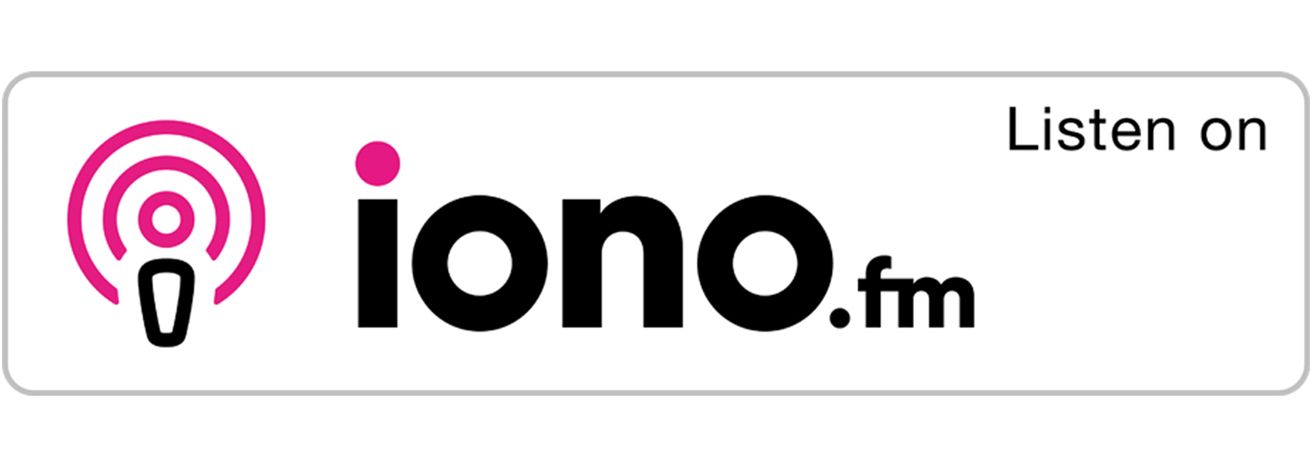Receive Focus insights straight to your inbox
They say there’s no brochure for how to manage a pandemic. Not only are we fighting a medical problem, but also one that is having an extreme impact on our personal and collective psyche, and on our businesses – including intermediaries.
In this three-part podcast for Investec for Intermediaries, Serenne Kaplan, a leading clinical psychologist, explains how we can make sense of uncertainty, access coping strategies, and take necessary steps towards building resilience.
Part 1: "Don't fight the anxiety"
Serenne Kaplan on managing anxiety, fear and loss of control.
Subscribe to Investec Focus Radio SA
Part 1: Managing anxiety, fear and loss of control
In episode 1, Serenne covers the topics of anxiety, fear and loss of control. She notes that the first thing we lost in the pandemic was our sense of control. But the truth is that we never were in control, and this may be the first time we realise it.
However, she notes that we are only in control of our response. It’s important to distinguish the parts we do have control over and let go of those we don’t.
“While you can’t fix the economy, you can control other things, like your health and how you can help your clients,” she says.
Anxiety and fear are a vicious cocktail, says Serenne, that’s not good for our emotional and physical health. “We can’t fight it though; the trick is to create a ‘worry window’, where you give it free rein. But then close the window,” she says.
“Remember we have a tendency to overestimate our problems and underestimate our resources – notably resilience, which is a muscle we can strengthen and flex. We are the most creative and resilient species.”
Part 2: Dealing with tough emotions and thoughts
In episode 2, Serenne talks about grief, loss, vulnerability and feelings. Most of us are feeling grief at the losses we are confronting, as well as to the loss of our medium-term future (events and goals we were looking forward to, such as family milestones or celebrations, that have now been scuppered by the pandemic). “Things we thought were enduring and stable, are now no longer,” she says.
She discusses the ‘feeling zones’ that we experience, as well as the thoughts we attach to our feelings and how this creates an emotional climate inside our heads.
“80% of our conversations are the ones that take place within ourselves – they feel real, but they aren’t. You are not your thoughts,” she explains.
She warns against ruminating, which she calls “mind-made suffering”: it’s unproductive, it keeps us up at night and reactivates our stress responses. “We need to replace stewing with doing,” she says.
“We can control the kind of story we are telling ourselves. What are you telling yourself? Find an alternative story and flip the mainstream story on its head,” she adds.
Part 3: Self-care and strategies for building resilience
In episode 3, Serenne covers self-care. In dealing with a crisis, we often ignore one of the most important priorities: our mental health. She talks through how breathing properly, meditation and other techniques can make a real difference.
“Make sure that your first appointment of the day is with yourself – a landing space to start your day properly (for example, to exercise, meditate or pray),” she notes.
We should also cultivate good habits – eating well, exercising and, importantly, sleeping well.
“Get rid of the silent critic inside your head – replace it with a compassionate coach. Treat yourself as you would a best friend. Give yourself a daily shout out for your accomplishments, however small,” she adds.
She advocates setting aside some downtime to “just be” – that time of the day where you do nothing or daydream.
We should also plug into what brings us joy: “Do what soothes your soul. If you don’t know what that is, now’s a good time to find out.”
Connections are also important, and our digital technology allows us to do this, even under lockdown. We should assess the people in our life who are lighthouses, and reach out to them, while also being a lighthouse for others. “This is not a time to go solo. Find your emotional bodyguards – your trusted friend or mentor.”
“Court hope, and be an ambassador of hope for yourself, family, friends and clients,” she concludes.
About the author

Patrick Lawlor
Editor
Patrick writes and edits content for Investec Wealth & Investment, and Corporate and Institutional Banking, including editing the Daily View, Monthly View, and One Magazine - an online publication for Investec's Wealth clients. Patrick was a financial journalist for many years for publications such as Financial Mail, Finweek, and Business Report. He holds a BA and a PDM (Bus.Admin.) both from Wits University.
Disclaimer
Investec Corporate and Institutional Banking, a division of Investec Bank Limited. Reg. No. 1969/004763/06, which is a registered bank, an Authorised Financial Services Provider and registered Credit Provider. A member of the Investec Group.





